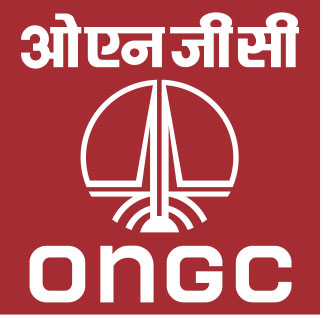About us
About us
An International Conference on “Global Warming, Agriculture, Sustainable Development & Public Leadership” was organized at the Gujarat Vidyapeeth – Ahmedabad in March 2010 by the International School for Public Leadership along with other organizations. This was in response to a felt need to strengthen agriculture’s niche as an integrated intervention to tackle mitigation and adaptation challenges while complementing other sustainable development initiatives. The Conference had the benefit of significant insights from about 400 participants including some eminent public leaders, agricultural scientists, teachers, students, farmers, NGOs, Industry, Government officials and representation from national and international organizations. The outcome of this conference is known as the “Ahmedabad Declaration 2010”. The Ahmedabad Declaration articulated an action plan to promote sustainable livelihood and simultaneously mitigate impacts of global warming through appropriate use of agriculture; involving public leadership in that task.
This was followed by a meeting of a “Think Tank” on these aspects in New Delhi in April 2010. Representatives from international organizations, Officers from Govt. of India, distinguished scientists and representatives of the civil society organizations further deliberated on these and related issues. During this meet, it was decided to constitute a voluntary organization to facilitate action and implement activities that are strategically important to enable sustainable development in addition to mainstreaming agriculture as a mitigation option. The International School for Public Leadership (ISPL) Ahmedabad, Puri Foundation for Education in India, Gandhinagar, Shroff Family Voluntary Organization Consortium (SFVOC), Mumbai and The Environmental & Consumer Protection Foundation (ECPFO), New Delhi, jointly agreed to promote the new organization. Accordingly, Justice B.P. Singh, President of Environmental & Consumer Protection Foundation (ECPFO), New Delhi, announced the setting up of the “National Council for Climate Change, Sustainable Development and Public Leadership” (NCCSD)”.
Objectives
- Facilitate and carry out appropriate and target oriented action for climate change mitigation and adaptation; interlinking agriculture, sustainable development and rural development & Climate Smart Cities.
- Foster and leverage public leadership to achieve the goals of such an integrated approach &
- Strengthen knowledge economy.
The Council may establish State level units or associate with other interested organizations at State and district levels in furtherance of its objectives. These are based on a logical framework to ensure locally relevant action duly integrating local knowledge and leadership to sustain action.

Act as premier organization at the national level to
- Disseminate information that will enable appropriate action &
- Suggest policy frameworks to tackle impacts of global warming and climate change.
The Council may for instance create knowledge platforms, organize seminars and network with scholars and public leadership specialists at the regional, national and International level in cooperation with government and non-government organization.
Registration Detail
- The NCCSD was registered under Bombay Charitable Trust Act 1950 Rule-29-No. E/19344/Ahmadabad as Public Trust on 17th September 2010. Also registered under The Trust is also registered u/s 12AA of the I.T.Act, 1961 on 17/09/2010 as per the Director of Income-tax (Exemption) A’bad’s order u/s 12AA No. DIT (Exempt)/12A/665/2010-11 dated 13/06/2011. The Trust has also been granted recognition u/s 80G(5) of the I.T.Act,1961 from 17/09/2010 onwards as per Director of Income-tax(Exemption) letter No. DIT (Exempt)/Abad/80G (5)/701/2011-12 dated 19/07/2011.
- Approved under Section 35 AC of the Income tax act 1961 as recommended by the national Committee for promotion of Social and Economic Welfare for “GLOBAL WARMING SUSTAINABLE LIVELIHOOD FOR SMALL FARMERS, PROMOTION AND EXTENSION OF MITIGATION AND ADOPTION PRACTICES”- eligible for 100% exemption.
- Member of “Global alliance on Climate Smart Agriculture”-(GACSA)
- D-U-N Number
- SAM
- FCRA Number

NCCSD Is Accredited With
International organization













































